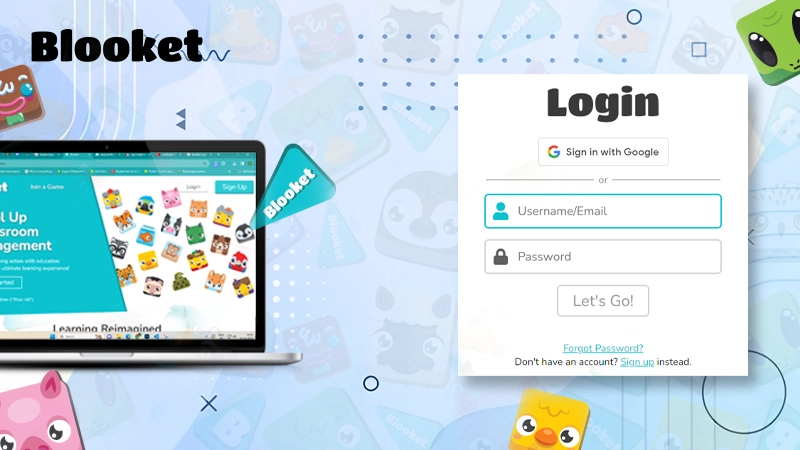Train Your Cybersecurity Self Education Muscles
One of the most underused tools within the cyber security toolbox is self-education. Yes, you read this right, self-education. Cybersecurity has so many layers of knowledge, and education by far does not only include elaborate vendor-specific certifications such as Cisco System’s CCIE or a multi-year computer science degree with a specialty in cyber security.
Given that awareness is a crucial component for users to combat cyber threats and its respective main prerequisite is knowledge, cyber security self-education is vitally essential for the masses.
With the ever-growing roster of new types of attacks such as a watering hole attack and social engineering schemes growing in sophistication not to mention whaling incidents growing in numbers, anyone from the neighborhood barista or high profile CEO need to take cyber security education very seriously.
With the democratization of information phenomenon reaching unprecedented levels, there is truly no excuse for the average person not to start engaging in moderate to rigorous cyber security self-education.
Let’s explore some of the advantages of cyber self-education and how you can begin using this potent cyber-tool effectively.
Lift Those Heavier Cyber Security Awareness Weights
As you build your cyber security knowledge muscles, your awareness will become second nature and automatic over time, and lifting heavier cyber security awareness weights will be a regular occurrence for you. After all, one of the biggest challenges, when it relates to awareness, is to employ it in real-time when it is needed.
Just like physical security requires awareness, say when you are walking in a not-so-safe neighborhood at night, cyber threats such as social engineering require a very similar type of awareness and prudent approach.
Download and Evaluate Free Trials of Comprehensive Cybersecurity Suites
Start by doing some solid research and listing three to five highly reputable anti-malware/virus cyber security companies which offer cyber threat protection to regular web users and businesses.
As you explore these companies and check out their websites, you will find all types of company-curated knowledge resources, from a glossary to blogs for beginners and much more. This will enable you to not only get a better idea about this company, their stature in the cyber security industry, and your personal experience. If you like their content, there is a good chance that you will also like their cyber security suite. Leverage this task to begin learning.
Be sure to read the user guide for the product; it will not only teach you about the product it is likely to contribute to your cyber security self-education journey.
You should also evaluate additional offerings such as browser security add-ons and a VPN solution and further read what these types of add-ons and, in the case of a VPN, stand-alone products do for cyber security and cyber privacy.
Read This Also: iTop VPN Overview: Best VPN for Streaming and Protecting Your Privacy
Cybersecurity Terms to Learn More About
The below list should give you a handsome head start as you begin your ambitious and exciting cyber security learning journey.
- Malware
- Virus Scan
- Firewalls
- VPN
- Encryption
- Strong Passwords
- Social Engineering
- Ransomware
- Secure Wi-Fi
- Browser Security
- Keylogger
- Phishing
- Whaling
- Corporate Espionage
- Zero-Day Exploits
Good luck on your new and exciting path to cyber self-education, and who knows, it may lead you to take it to the next level and make a career out of it.
Blooket Login: Ultimate Guide to Login and Gameplay
10 Fastest Growing Tech Jobs in 2024
Justice: How Technology Transforms Asbestos Lawsuits
5 Quick Steps to Start Your Digital Banking…
Online Interior Design Courses: A Sustainable Choice for…
Private Tutor vs Teacher: What’s the Difference?
Challenges and Opportunities in Implementing 5G Technology in…
Top 10 Common Essay Writing Mistakes and How…
E-Learning Trends to Watch in the Coming Years
Incorporating Research into Your Essays: A Guide to…
The College Student’s Guide to Coping with Stressors












